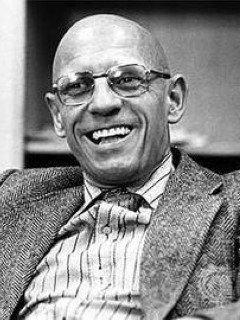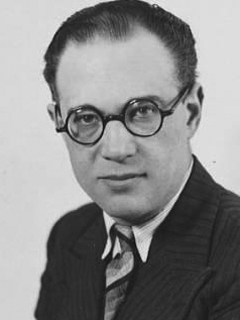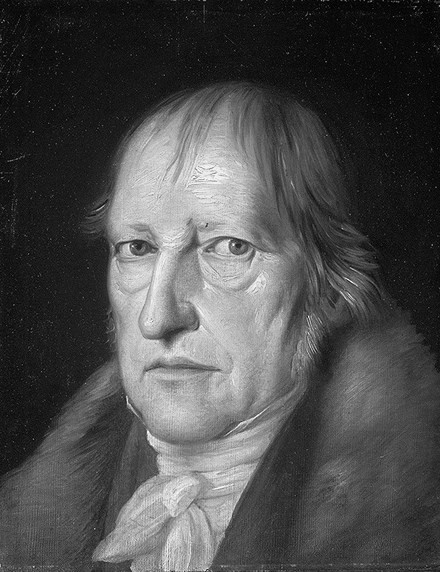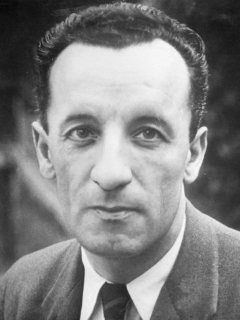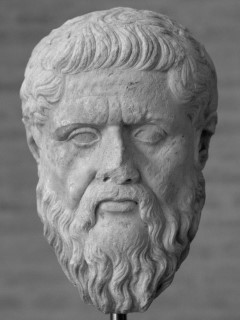Journal | Contributors | Profile

Studied with
Dagfinn FøllesdalHubert L Dreyfus
(2014). Skillful coping: essays on the phenomenology of everyday perception and action, ed. Wrathall Mark, Oxford University Press, Oxford.
(2012)., Introductory essay: the mystery of the background qua background, in Z. Radman (ed.), Knowing without thinking, Dordrecht, Springer, pp. 1-10.
with Spinosa, C. (2004)., Highway bridges and feasts: Heidegger and Borgmann on how to affirm technology, in D. Moran & L. Embree (eds.), Phenomenology: Critical concepts in philosophy IV, London, Routledge, pp. 64-82.
(2002). Intelligence without representation: Merleau-Ponty's critique of mental representation the relevance of phenomenology to scientific explanation. Phenomenology and the Cognitive Sciences 1 (4), pp. 367-383.
(2002). Refocusing the question: can there be skillful coping without propositional representations or brain representations?. Phenomenology and the Cognitive Sciences 1 (4), pp. 413-425.
with Spinosa, C. (1999). Coping with things-in-themselves: A practice-based phenomenological argument for realism. Inquiry 42 (1), pp. 49-78.
(1997)., Artificial intelligence, in L. Embree (ed.), Encyclopedia of phenomenology, Dordrecht-Boston-London, Kluwer, pp. 34-39.
(1994)., Den Geist konstruieren vs. Das Gehirn modellieren: Die KI kehrt zu einem Scheideweg zurück, in G. Cyranek & W. Coy (Hrsg.), Die maschinelle Kunst des Denkens, Wiesbaden, Vieweg+Teubner, pp. 215-230.
with Rubin, J. (1994). Kierkegaard on the nihilism of the present age: the case of commitment as addiction. Synthese 98 (1), pp. 3-19.
with Dreyfus, (1993)., Frictionless forecasting is a fiction, in N. Åkerman (ed.), The necessity of friction, Heidelberg, Physica, pp. 311-326.
(1992). What computers still can't do: A critique of artifical reason, MIT Press, Cambridge, Mass.
(1991). Being-in-the-world, MIT Press, Cambridge, Mass.
(1991). Husserl et les sciences cognitives. Les études philosophiques - nouvelle série 46, pp. 1-29.
(1991). L'épiphénoménologie de Husserl. Les études philosophiques - nouvelle série 46, pp. 57-77.
(1991)., Socratic and platonic sources of cognitivism, in J. Smith (ed.), Historical foundations of cognitive science, Dordrecht, Springer, pp. 1-17.
with Dreyfus, (1991)., Making a mind versus modelling the brain: artificial intelligence back at the Branchpoint, in M. Negrotti (ed.), Understanding the artificial, Dordrecht, Springer, pp. 33-54.
with Dreyfus, (1991). Towards a phenomenology of ethical expertise. Human Studies 14 (4), pp. 229-250.
(1989)., Alternative philosophical conceptualizations of psychopathology, in H. Durfee & D. F. T. Rodier (eds.), Phenomenology and beyond, Dordrecht, Springer, pp. 41-50.
(1988)., Husserl's epiphenomenology, in H. Otto & J. Tuedio (eds.), Perspectives on mind, Dordrecht, Springer, pp. 85-104.
(1986)., Alternative philosophische Konzeptionen in der Psychopathologie, in A. Métraux & B. Waldenfels (Hrsg.), Leibhaftige Vernunft, München, Fink, pp. 276-288.
(1986)., Why studies of human capacities modeled on ideal natural science can never achieve their goal, in J. Margolis, M. Krausz & R. M. Burian (eds.), Rationality, relativism and the human sciences, Dordrecht, Springer, pp. 3-22.
with Rabinow, P. (1984). Michel Foucault: Un parcours philosophique, Gallimard, Paris.
with Rabinow, P. (1983). Michel Foucault: Beyond structuralism and hermeneutics, University of Chicago Press, Chicago.
(1982)., Husserl's perceptual noema, in H. L. Dreyfus (ed.), Husserl, intentionality and cognitive science, Cambridge, Mass., MIT Press, pp. 97-123.
(1982)., Introduction [Husserl, intentionality and cognitive science], in H. L. Dreyfus (ed.), Husserl, intentionality and cognitive science, Cambridge, Mass., MIT Press, pp. 1-27.
with Hall, H. (1982)., Introduction, in H. L. Dreyfus (ed.), Husserl, intentionality and cognitive science, Cambridge, Mass., MIT Press, pp. 1-27.
(ed) (1982). Husserl, intentionality and cognitive science, MIT Press, Cambridge, Mass.
(1979). What computers can't do, Harper & Row, New York.
with Haugeland, J. (1978)., Husserl and Heidegger: philosophy's last stand, in M. Murray (ed.), Heidegger and modern philosophy, New Haven, Yale University Press, pp. 222-238.
(1976)., The misleading mediation of the mental, in S. Spicker & T. Engelhardt (eds.), Philosophical dimensions of the neuro-medical sciences, Dordrecht, Springer, pp. 131-140.
(1975)., Human temporality, in J. T. Fraser & N. Lawrence (eds.), The study of time II, Dordrecht, Springer, pp. 150-162.
(1975). The priority of the world to my world: Heidegger's answer to Husserl (and Sartre). Man and World 8 (2), pp. 121-130.
(1972)., The perceptual noema: Gurwitsch's crucial contribution, in L. Embree (ed.), Lifeworld and consciousness, Evanston, Ill., Northwestern University Press, pp. 135-170.
(1968)., Cybernetics as the last stage of metaphysics, in L. Gabriel (ed.), Kolloquien, Freiburg-Basel-Wien, Herder, pp. 493-499.
with Schütz, A. , Goldmann, L. , Biemel, W. , Kuypers, K. , Kelkel, A.L. (1959)., Discussion de la présentation de M. Wild, in M. Béra (éd), Husserl. Troisieme Colloque philosophique de Royaumont (23-30 avril 1957), Paris, Editions de Minuit, pp. 293-306.
